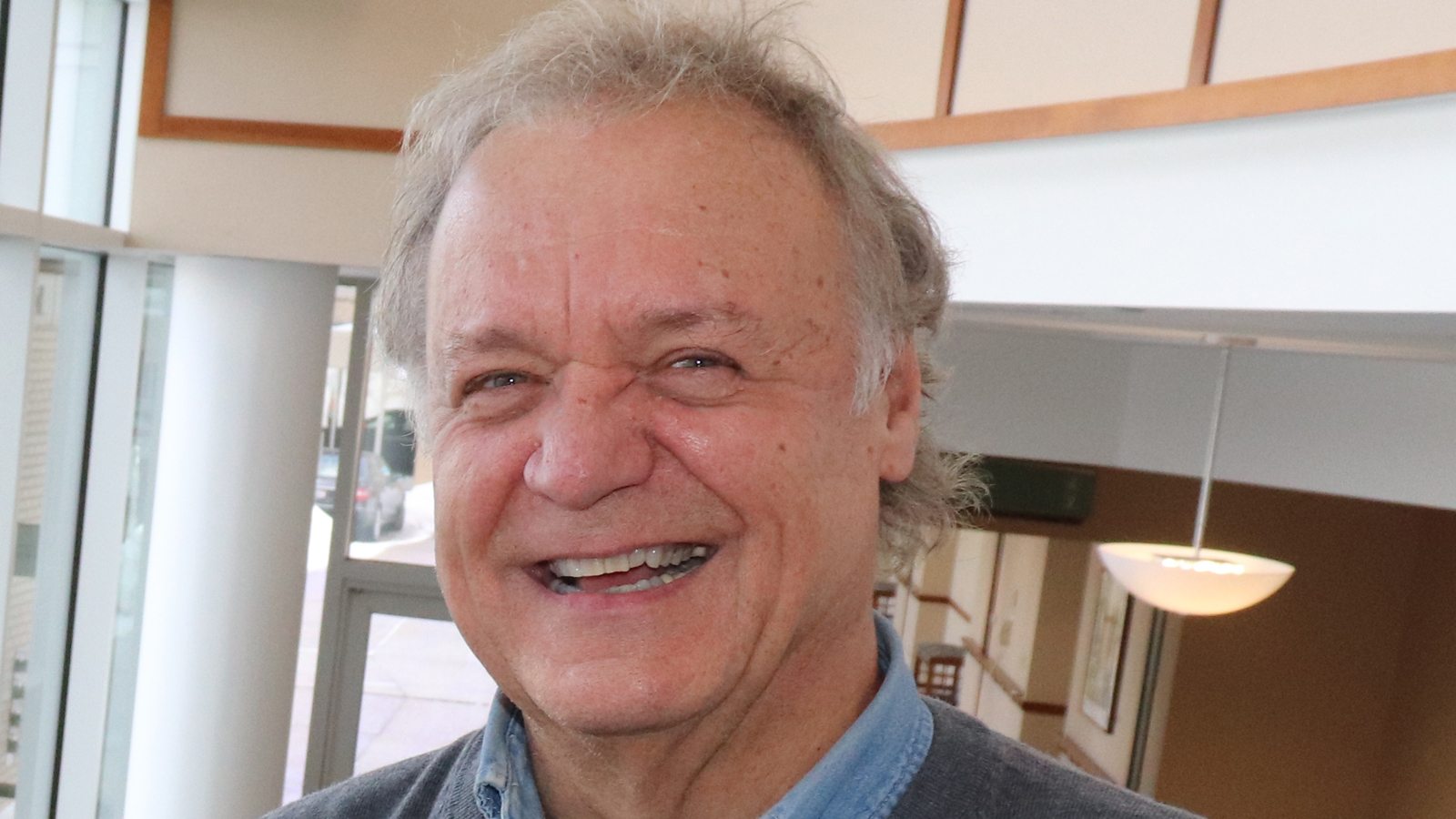FIX THE FLUTTERS
If you’ve felt a fluttering in your chest, it could be an irregular heartbeat. We can help.
Symptoms
Over 2.7 million people have a heart rhythm disorder, but not everyone experiences symptoms. Sometimes it’s only detected with a physical examination. But if you do have any of the following, please contact an NCH cardiologist.
1
4
2
5
3
6
Diagnosis
To diagnose a heart arrhythmia, your doctor will review your symptoms and your medical history and conduct a physical examination, which may include:
Electrocardiogram (ECG)
Sensors are attached to your chest and limbs to detect the electrical activity of your heart.
Holter Monitor
A portable ECG device that you wear to record heart activity as you go about your day.
Event Monitor
A portable ECG device used for sporadic arrhythmias that you use when experiencing symptoms.
Echocardiogram
Uses ultrasound waves to produce images of your heart’s size, structure and motion.
Implantable Loop Recorder
This device detects abnormal heart rhythms and is implanted under the skin in the chest area.
Stress Test
Uses exercise to see if physical activity is causing an irregular heartbeat to occur.
Treatments
A number of treatments are available. But oftentimes, they’re only required if you’re experiencing significant symptoms or if you’re at risk of more serious complications. Your options include:
Expertise
Award-winning Cardiac Care
U.S. News & World Report has ranked NCH as a high-performing hospital for heart failure care, and Healthgrades® named NCH as a Cardiac Excellence Award™ winner in 2017 and 2018. Additionally, NCH was recognized by Healthgrades® as one of America’s 100 Best Hospitals for Cardiac Care™ for 2018. And, two NCH physicians have been named to the 2018 “Chicago’s Top Cardiologists” list published by Chicago Magazine.
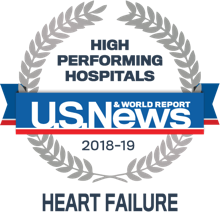
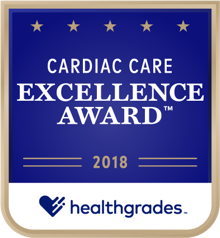
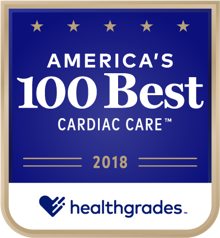

Applies to designated local BCBS plan(s): Blue Choice PPO℠, Blue Choice PPO Preferred PPO℠, Blue Options℠/Blue Choice Options℠, Blue Precision HMO℠, Blue Advantage HMO®, HMO Illinois®, Participating Provider Organization.
Blue Distinction Centers (BDC) met overall quality measures, developed with input from the medical community. A Local Blue Plan may require additional criteria for providers located in its own service area; for details, contact your Local Blue Plan. Blue Distinction Centers+ (BDC+) also met cost measures that address consumers’ need for affordable healthcare. Each provider’s cost of care is evaluated using data from its Local Blue Plan. Providers in CA, ID, NY, PA, and WA may lie in two Local Blue Plans’ areas, resulting in two evaluations for cost of care; and their own Local Blue Plans decide whether one or both cost of care evaluation(s) must meet BDC+ national criteria. National criteria for BDC and BDC+ are displayed on www.bcbs.com. Individual outcomes may vary. For details on a provider’s in-network status or your own policy’s coverage, contact your Local Blue Plan and ask your provider before making an appointment. Neither Blue Cross and Blue Shield Association nor any Blue Plans are responsible for non-covered charges or other losses or damages resulting from Blue Distinction or other provider finder information or care received from Blue Distinction or other providers.
Expertise
Below you can learn more about our top physicians who specialize in complex arrhythmias. However, you’ll need to have an assessment from one of our other cardiologists before scheduling an appointment with them. Find a cardiologist now.
John Onufer, M.D.
Christopher Henry, M.D.
John Onufer, M.D.
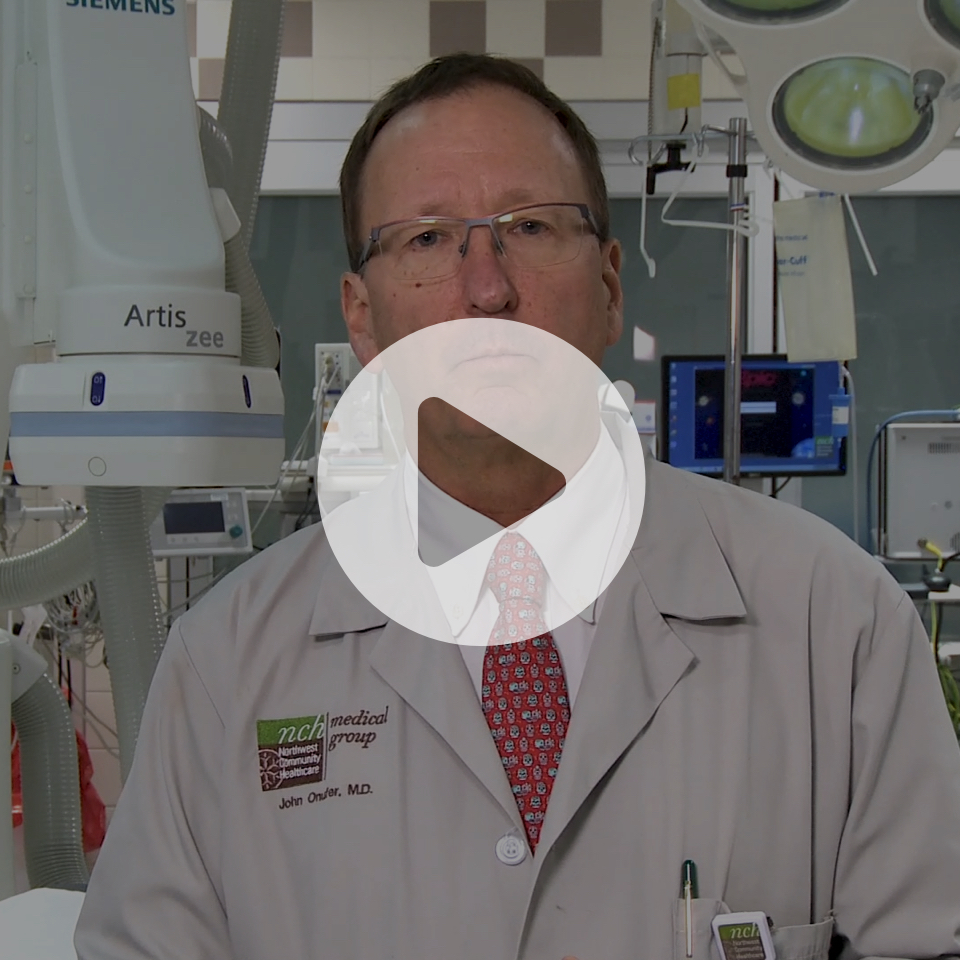 Dr. Onufer is board-certified in clinical cardiac electrophysiology, cardiovascular disease and internal medicine. He earned a medical degree from Washington University, where he also completed a residency. He completed fellowships in clinical electrophysiology and clinical cardiology at Barnes-Jewish Hospital in St. Louis.
Dr. Onufer is board-certified in clinical cardiac electrophysiology, cardiovascular disease and internal medicine. He earned a medical degree from Washington University, where he also completed a residency. He completed fellowships in clinical electrophysiology and clinical cardiology at Barnes-Jewish Hospital in St. Louis.
Christopher Henry, M.D.
 Dr. Henry is board-certified in clinical cardiac electrophysiology, cardiovascular disease and internal medicine. He also holds certifications from the Certification Board of Nuclear Cardiology and the National Board of Echocardiography. Dr. Henry earned a medical degree from the Medical College of Wisconsin in Milwaukee and completed a residency and fellowship at Loyola University Medical Center in Maywood, Illinois.
Dr. Henry is board-certified in clinical cardiac electrophysiology, cardiovascular disease and internal medicine. He also holds certifications from the Certification Board of Nuclear Cardiology and the National Board of Echocardiography. Dr. Henry earned a medical degree from the Medical College of Wisconsin in Milwaukee and completed a residency and fellowship at Loyola University Medical Center in Maywood, Illinois.
Request an appointment
Our team of experts can properly

